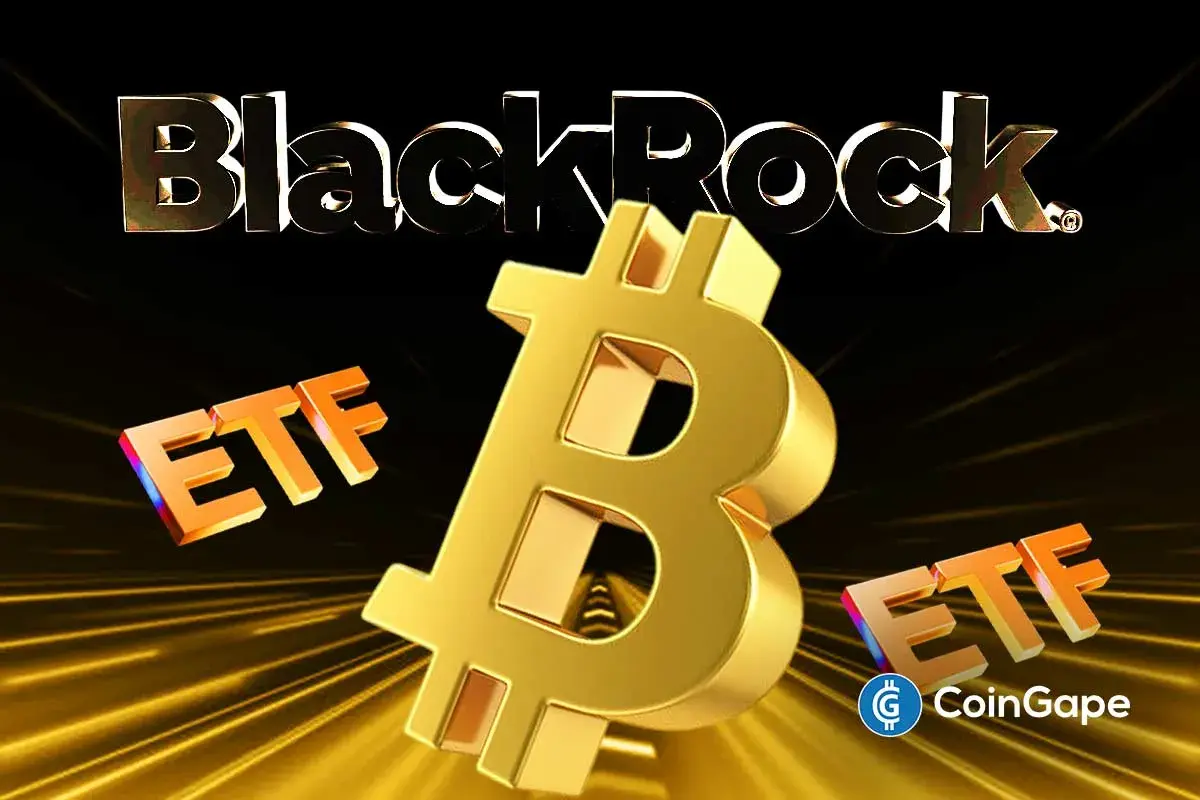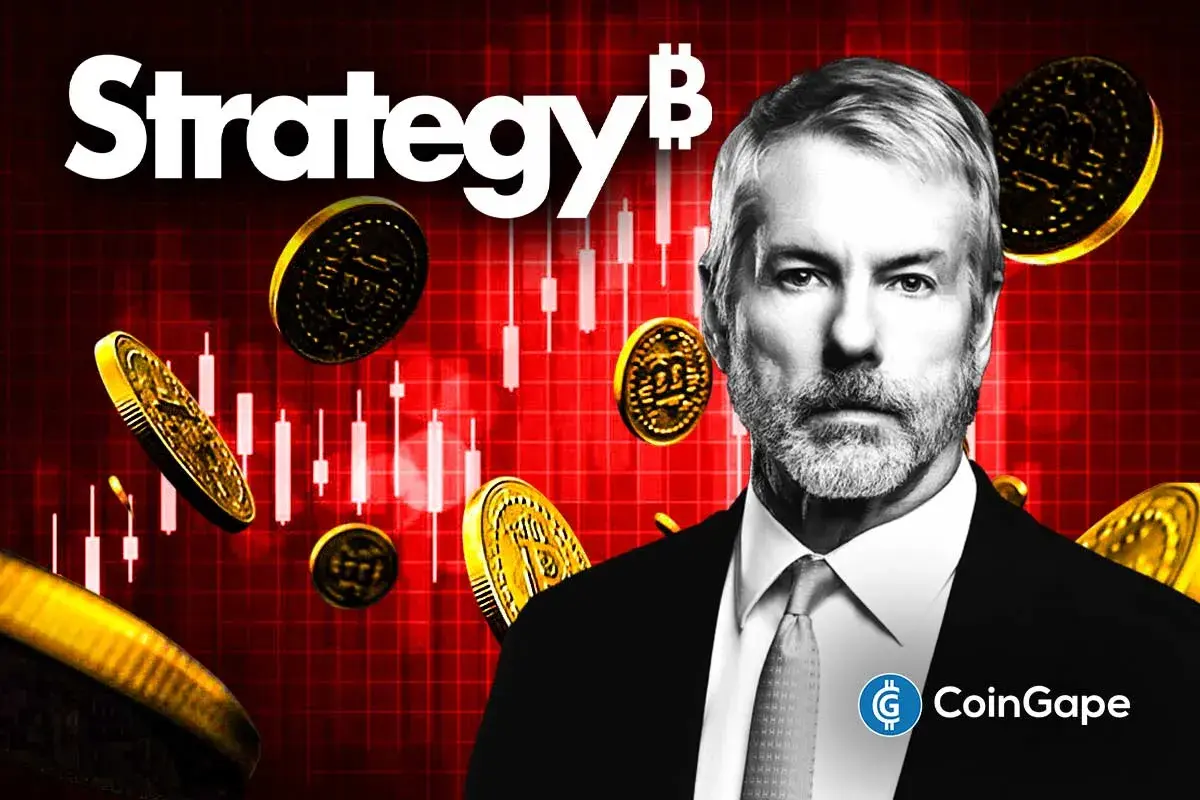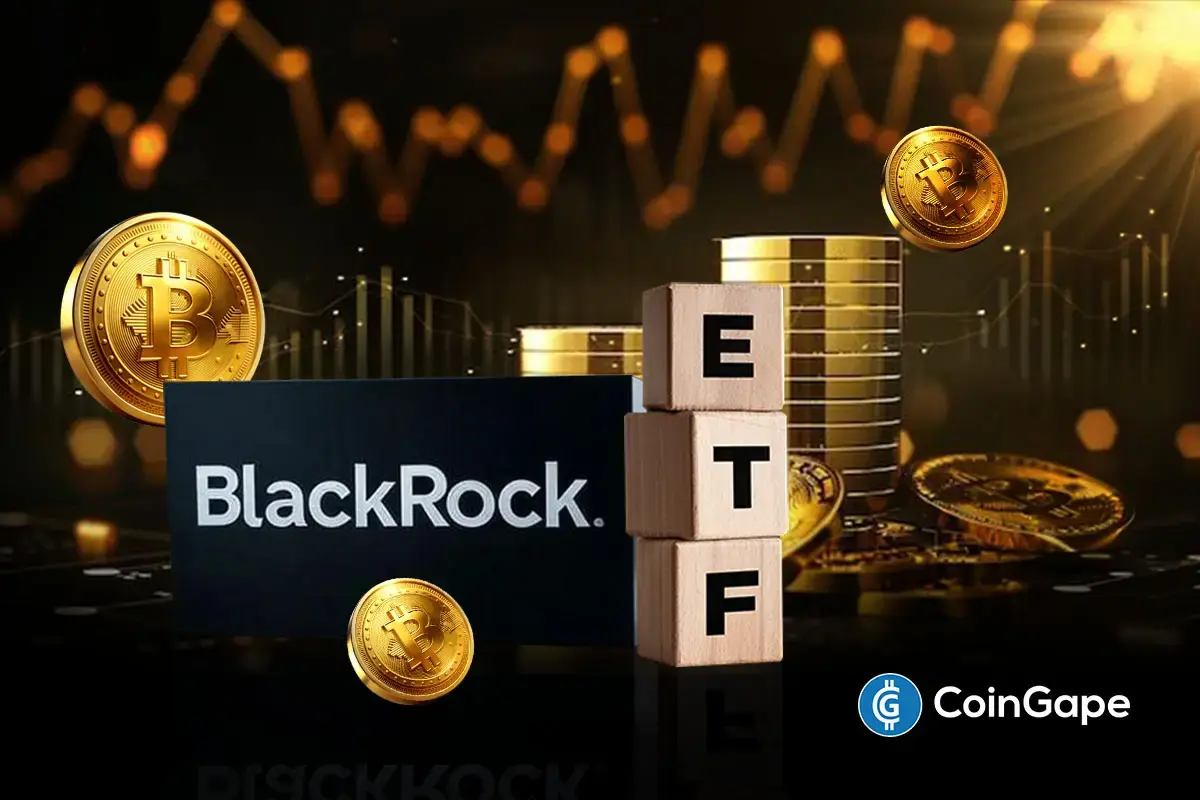US Bitcoin ETF Takes Center Stage In South Korea Elections

Highlights
- South Korea's parliamentary election spotlights crypto policies, with parties competing over ETF regulations and digital asset taxes.
- President Yoon Suk Yeol's People Power Party vows to delay digital-asset tax, while the opposition Democratic Party pledges to lift curbs on ETFs, including US Bitcoin products.
- Regulatory uncertainties and past market incidents prompt discussions on investor protection measures and wider crypto regulations.
South Korea’s upcoming parliamentary election is notable for the emphasis placed on crypto-related policies by major political parties. President Yoon Suk Yeol’s People Power Party has made a significant promise to delay the implementation of a digital-asset tax. This move is seen as an attempt to garner support from the burgeoning crypto investor community. Conversely, the opposition Democratic Party has pledged to remove restrictions on exchange-traded funds (ETFs), including those linked to US Bitcoin products.
This commitment signals a potential shift in regulatory stance towards embracing crypto-related financial instruments. The significance of these promises lies in the substantial presence of crypto traders in South Korea, where over 6 million individuals, constituting more than 10% of the population, actively engage in crypto trading. The outcome of the election could be swayed by the appeal of these policies to the crypto community, indicating the growing influence of digital assets on South Korean politics.
ETF Controversy and Regulatory Challenges
The controversy surrounding ETFs directly investing in Bitcoin has sparked discussions and regulatory scrutiny in both the US and South Korea. While the US Securities and Exchange Commission (SEC) has given its approval for such ETFs, South Korea’s securities regulator has raised concerns about potential legal violations associated with brokering these products locally. This regulatory uncertainty has had a ripple effect on stock markets and prompted political parties to address the issue as part of their election agendas.
In response to the challenges posed by regulatory ambiguity, promises have been made by political parties to postpone planned taxes on crypto gains. This highlights the critical role of regulatory decisions in shaping the landscape of the crypto market. South Koreans, known for their active participation in crypto trading, have displayed a preference for smaller cryptocurrencies, further complicating the regulatory landscape and underscoring the need for clarity and consistency in regulations.
Also Read: Massive Bitcoin Whale Accumulation Ahead of Halving, BTC Price Rally Ahead?
Crypto Risks and Regulatory Framework
The speculative nature of the crypto market exposes investors to significant risks, as evidenced by past incidents such as the collapse of Luna and TerraUSD tokens in 2022. The implosion of Do Kwon’s Luna and TerraUSD tokens resulted in losses exceeding $40 billion, serving as a stark reminder of the inherent risks associated with crypto investments. These events have underscored the importance of implementing robust investor protection measures and establishing a comprehensive regulatory framework.
Both major political parties in South Korea have proposed wider regulation plans aimed at safeguarding investors and promoting market stability. Recent crackdowns by South Korean financial regulators on virtual assets, including a more scrutinized approach to token listings on centralized exchanges (CEXs), highlight the need for seamless regulations to ensure the safety and integrity of the crypto market. Despite skepticism from US officials, South Korea and Asia are witnessing a growing acceptance of crypto, with expectations mounting for the eventual approval of spot-crypto ETFs.
Also Read: AI Chatbots in Trouble as People Demand Copyright for Data
Play 10,000+ Casino Games at BC Game with Ease
- Instant Deposits And Withdrawals
- Crypto Casino And Sports Betting
- Exclusive Bonuses And Rewards

- Crypto Market Update: Top 3 Reasons Why BTC, ETH, XRP and ADA is Up
- Crypto News: Bitcoin Sell-Off Fears Rise as War Threatens Iran’s BTC Mining Operations
- U.S.–Iran War: Monday Crypto Crash Odds Rise As Pundits Predict Oil Price Spike
- US-Iran War: Reports Confirm Bombings In UAE, Bahrain and Kuwait As Crypto Market Makes Recovery
- XRP Price Dips on US-Iran Conflict, But Capitulation Signals March Rebound
- Bitcoin And XRP Price As US Kills Iran Supreme Leader- Is A Crypto Crash Ahead?
- Gold Price Prediction 2026: Analysts Expect Gold to Reach $6,300 This Year
- Circle (CRCL) Stock Price Prediction as Today is the CLARITY Act Deadline
- Analysts Predict Where XRP Price Could Close This Week – March 2026
- Top Analyst Predicts Pi Network Price Bottom, Flags Key Catalysts
- Will Ethereum Price Hold $1,900 Level After Five Weeks of $563M ETF Selling?

 Buy $GGs
Buy $GGs

















